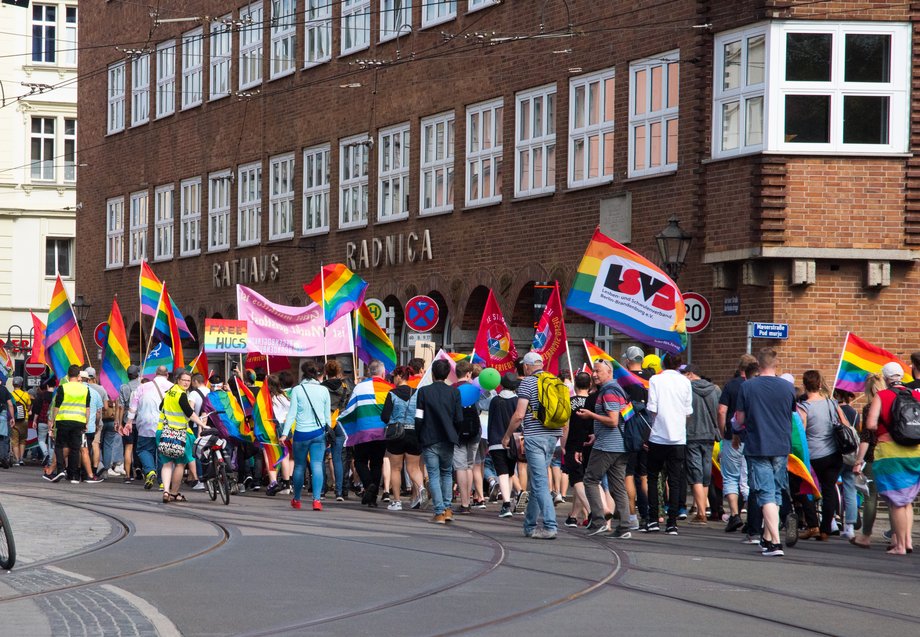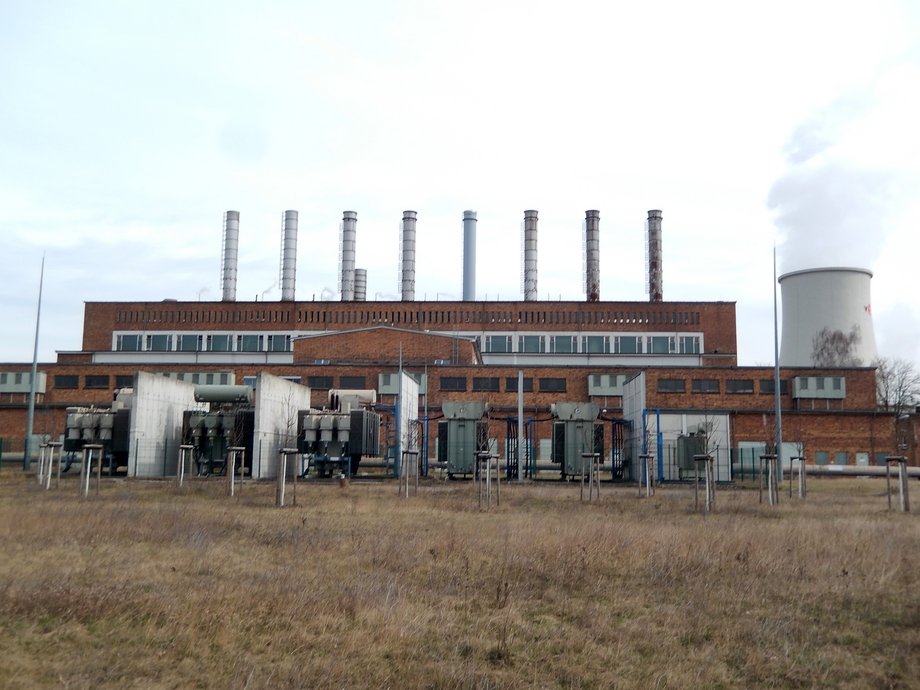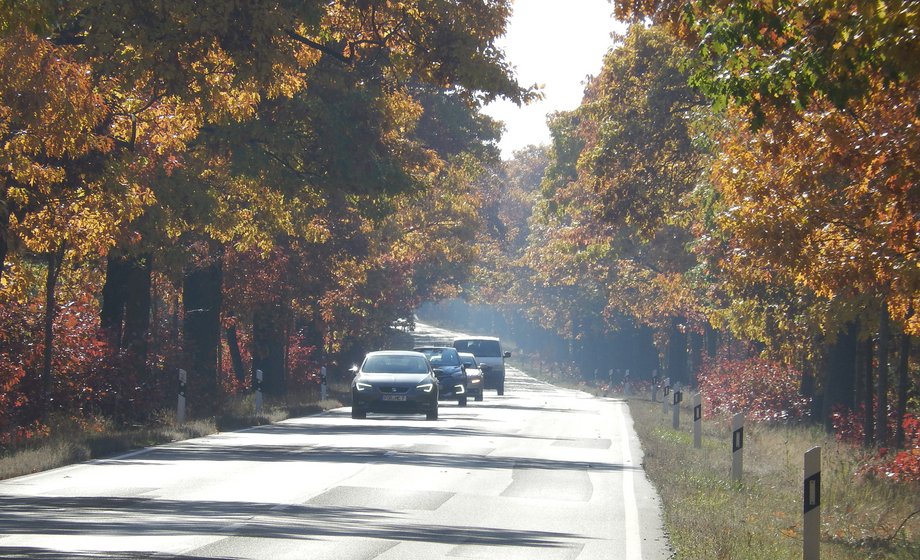


Research Workshop Documentary Method
"One discovers more in the joint - oral - description of texts, the representation becomes more multifaceted and denser; and dialogical argumentation - asserting, disputing, doubting, justifying, and proving - leads to a differentiation and condensation of analytical abstractions, contrastive comparisons, and theoretical models." (Riemann 2011: 413)
Experiences with the Documentary Method in Research
The documentary method has proven its worth in research studies in the field of social work over the past fifteen years (see Cremers et al.: 2020, Stützel: 2019, Bohnsack et al.: 2018, Kubisch: 2014, Radvan: 2010, Krüger/Pfaff: 2010, Kutscher: 2010). In these research projects, object-theoretical insights regarding addressees, professionals, and the organization of social work could be gained on the basis of the praxeological sociology of knowledge (cf. Bohnsack et al. 2018: 8). The joint work on data material - such as group discussions, narrative interviews to pictorial representations and the like - is of central importance for discovering the practice of conjunctive experiential spaces.
Reflective interpretation and comparative sequence analysis are used to identify underlying frames of orientation for "atheoretical knowledge" (Mannheim in Bohnsack et al. 2018: 19) and to form types. Thus, generalizing statements can be made about which professional knowledge is found with regard to the different research questions. The reconstructive research perspective also critically questions the setting of norms and differences in social work. The added value of the documentary method for research in social work lies in this simultaneity of working out the "unconscious sense of the document" (Schütze 1993 in Bohnsack et al. 2018: 16) and the reconstruction of the production of social reality in social work (cf. Bohnsack et al. 2018: 16).
Steps in the joint research process
In addition to methodological discussions, the research workshop offers the space to present the data material. Based on this, the individual steps of the Documentary Method are discussed. Beginning with the writing of the thematic course and the selection of the interview passages to be transcribed, the discussion of the formulating fine-interpretation follows. This step is about summarizing the thematic content of the interviews in your own words and identifying over- and subthemes. This reformulation of the text also serves to "render the researcher alien to the text" (Nohl 2017: 31). Elaborate on what is said in the interview. The subsequent reflective interview interpretation focuses on how something is said. Schütz's model of text type separation is the basis for this. According to this, the text is analytically differentiated according to narration, description, argumentation, and evaluation. (cf. ibid.: 32). In the second step of reflective interpretation, the content is detached from the meaning contexts of the actors. This is accompanied by a break with everyday understanding (common sense). "What is asked is not what social reality is, but how it is produced" (ibid.: 36).
Reconstruction of action practice in everyday life as the goal of joint research
The documentary method searches for the regularities, the orientation frameworks in these construction processes. For this purpose, after the reconstruction of a first orientation framework, further text passages are searched for which point to similar ways of experience in order to describe the orientation framework in as differentiated a way as possible. In a further step, homologous orientation frames, in the sense of minimal contrast, are sought across cases. Already for interpretation and comparative sequence analysis, a research workshop is of particular importance. The point here is to critically examine and discuss the "second degree" (Schütz 1971: 7) social scientific constructions. Further generalization of the empirical interpretations in the sense-genetic and sociogenetic or relational typing also requires a constant exchange process in a research workshop. This process involves an "alien gaze" (Reim/Rieman 1997: 229) on the material, a reciprocity relationship, appreciation and criticism in the process of joint cognition formation (cf. Hoffmann/Pokladek 2010: 197).
The workshop is supervised by Prof.*in Dr. phil. Heike Radvan and accompanied by Prof. Dr. Arnd-Michael Nohl.
Cremers, Michael et al. (2020): Umgang mit Heterogenität. Geschlechtsbezogene Zusammenarbeit in Kindertagesstätten, OpladenBohnsack, Ralf et al. (2018): Soziale Arbeit und Dokumentarische Methode – Methodologische Aspekte und empirische Erkenntnisse, Opladen/Berlin/TorontoHoffmann, Britt/Pokladek, Gerlinde (2010): Das spezielle Arbeitsbündnis in qualitativen Forschungswerkstätten. Merkmale und Schwierigkeiten aus der Perspektive der TeilnehmerInnen, ZQF 10. Jg., Heft 2/2010, S. 197-217Krüger, Heinz Hermann/Pfaff, Nicole (2010): Zum Umgang mit rechten und ethnozentrischen Orientierungen an Schulen in Sachsen-Anhalt. Triangulation von Gruppendiskussionsverfahren in einem quantitativen Jugendsurvey, in: Bohnsack et al. (Hg.): Die Gruppendiskussion in der Forschungspraxis, Opladen/Farmington Hills, S. 59–74 Kutscher, Nadia (2010): Die Rekonstruktion moralischer Orientierung von Professionellen auf der Basis von Gruppendiskussionen, in: Bohnsack et al. (Hg.): Die Gruppendiskussion in der Forschungspraxis, Opladen/Farmington Hills, S. 189-202 Kubisch, Sonja (2014a): Habitussensibilität und Habitusrekonstruktion. Betrachtungen aus der Perspektive der dokumentarischen Methode am Beispiel Sozialer Arbeit, in: Sander, Tobias (Hg.): Habitus-Sensibilität. Neue Anforderungen an professionelles Handeln, Wiesbaden, S. 103-133Kubisch, Sonja (2014b): Spielarten des Rekonstruktiven. Entwicklungen von Forschung in der Sozialen Arbeit, in: Mührel, Eric/Birgmeier, Bernd (Hg.): Perspektiven sozialpädagogischer Forschung. Methodologien –Arbeitsfeldbezüge –Forschungspraxen. Wiesbaden, S. 155-172Nohl, Arnd-Michael (2017): Interview und Dokumentarische Methode. Anleitung zur Forschungspraxis, WiesbadenRadvan, Heike (2010): Pädagogisches Handeln und Antisemitismus- Eine empirische Studie zu Beobachtungs- und Interventionsformen in der offenen Jugendarbeit, Bad HeilbrunnReim/Riemann (1997): Die Forschungswerkstatt. Erfahrungen aus der Arbeit mit Studentinnen und Studenten der Sozialarbeit/Sozialpädagogik und der Supervision, in: Jakob/Wensierski (Hg.): Rekonstruktive Sozialpädagogik. Konzepte und Methoden sozialpädagogischen Verstehens in Forschung und Praxis. Weinheim/München, S. 223–238Schütz, Alfred (1971): Gesammelte Aufsätze, Bd. 1: Das Problem der sozialen Wirklichkeit, Den HaagSchütze, Fritz (1993): Die Fallanalyse: Zur wissenschaftlichen Fundierung einer klassischen Methode der Sozialen Arbeit, in: Rauschenbach, Thomas et al. (Hg.): Der sozialpädagogische Blick: lebensweltorientierte Methoden in der Sozialen Arbeit, WeinheimStützel, Kevin (2019): Jugendarbeit im Kontext von Jugendlichen mit rechten Orientierungen. Rekonstruktiv-praxeologische Perspektiven auf professionelles Handeln, Wiesbaden